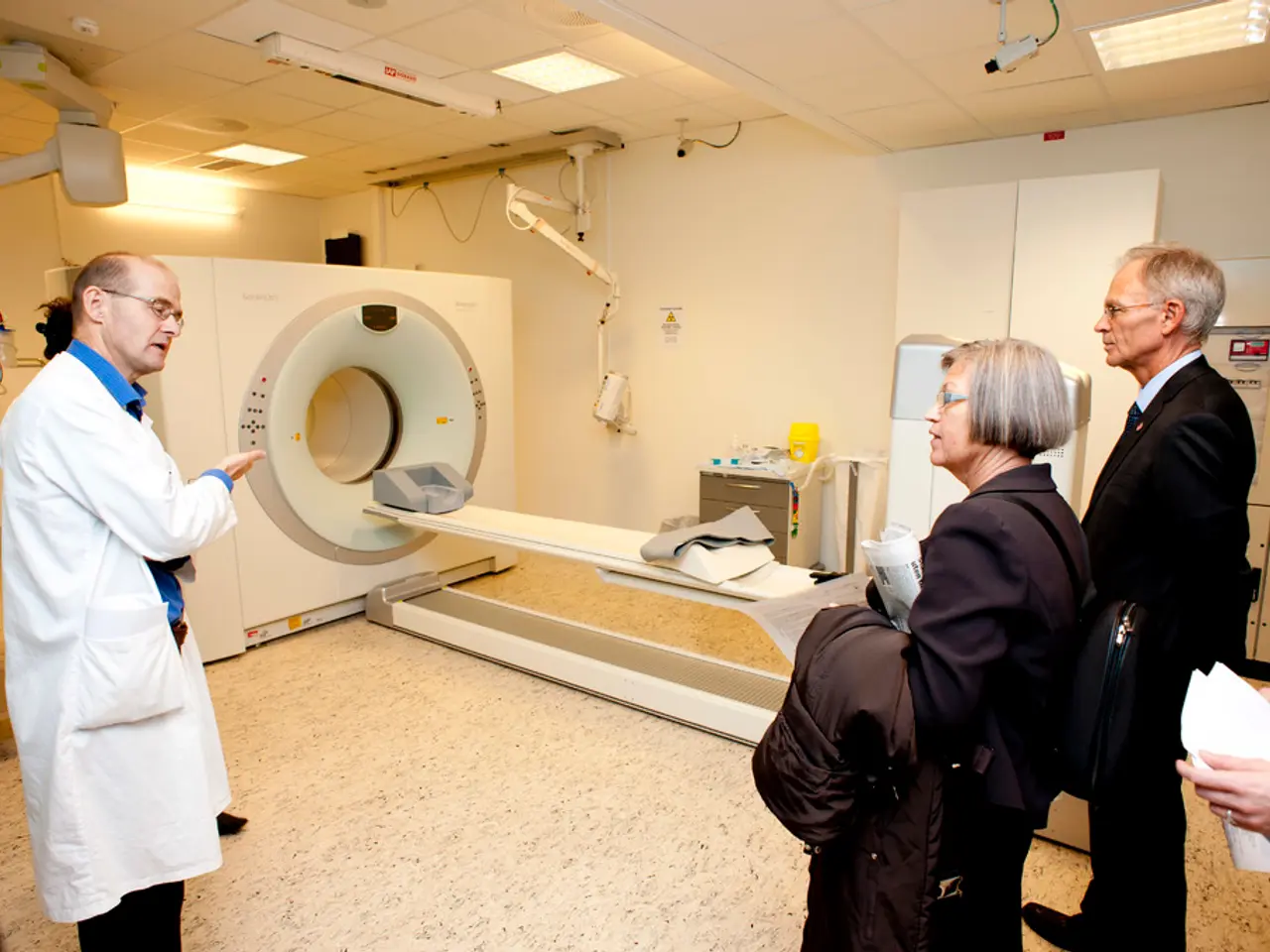Guiding the Future: Insights for Novice Physicians in the Emergency Room
In the fast-paced and emotionally demanding world of emergency medicine, experienced physician Dr. Chris Endfinger emphasizes the importance of being fully present with patients and embracing lifelong learning. With nearly 30 years of experience serving in ER departments across Alabama, Dr. Endfinger has honed several key lessons and qualities that he believes are essential for success in this challenging field.
Being Present and Focused
In the midst of the ER's hectic pace, Dr. Endfinger encourages young doctors to give patients their undivided attention, putting aside distractions like phones or charts. Even a moment of genuine focus helps patients feel heard and can reveal important clinical clues, improving diagnosis and care quality.
Active Listening
By truly listening to patients’ stories, doctors can catch subtle details often missed in rushed exams. This skill not only enhances patient satisfaction but also reduces errors. Young doctors should strive to actively listen to their patients, showing empathy and understanding.
Lifelong Education
Emergency medicine evolves rapidly with new treatments, technologies, and protocols. Dr. Endfinger stresses the importance of staying curious, reflecting on every shift, seeking feedback, and continuously striving to improve over the entire career. Young doctors should embrace a lifelong education in emergency medicine, keeping up with the latest research and best practices.
Mentorship
Finding trusted mentors to discuss cases, ask questions, and debrief after difficult situations can help young doctors thrive and not just survive in the demanding ER environment. Dr. Endfinger recommends seeking out mentors who can provide guidance and support, helping young doctors navigate the complexities of emergency medicine.
Self-Care and Emotional Resilience
The ER can be emotionally demanding, and Dr. Endfinger encourages young doctors to take care of themselves physically, emotionally, and spiritually to maintain compassion and avoid burnout. Having a life outside the hospital helps maintain perspective for young doctors, and on especially hard days, talking with peers or mentors can help process what they've experienced.
Teamwork
Dr. Endfinger encourages young doctors to recognize the value of teamwork and listen to those around them, including nurses, respiratory therapists, and seasoned paramedics. A calm voice, a patient explanation, or even just a few extra minutes of attention can go a long way in making a patient feel cared for.
Confidence and Humility
Confidence is essential for young doctors in the ER, but Dr. Endfinger warns against overconfidence that lacks humility. Missing a diagnosis, ordering the wrong test, or simply being unsure is part of the learning process for young doctors. Dr. Endfinger emphasizes the importance of being open to feedback, learning from mistakes, and continuously striving to improve.
In conclusion, beyond technical skills, emotional presence, continuous learning, and mentorship are crucial for success in emergency medicine. Young doctors entering the ER should focus on being fully present with patients, embracing lifelong learning, seeking mentorship, taking care of themselves, and working collaboratively with their team. By following these principles, young doctors can thrive in the ER and provide the best possible care for their patients.
- In the ER, patient satisfaction is enhanced, and errors are reduced when doctors actively listen to patients, showing empathy and understanding.
- Lifelong education is necessary for emergency medicine practitioners, as the field rapidly evolves with new treatments, technologies, and protocols.
- Mentors can provide guidance and support, helping young doctors navigate the complexities of emergency medicine and thrive, not just survive.
- Self-care, emotional resilience, and maintaining a life outside the hospital are essential for young doctors to avoid burnout and stay compassionate.
- Effective teamwork is crucial in the ER, as collaborating with nurses, respiratory therapists, and seasoned paramedics can make a patient feel cared for and improve overall care quality.
- Dr. Endfinger emphasizes the need for a balance between confidence and humility, encouraging young doctors to learn from their mistakes, be open to feedback, and continuously strive to improve.




